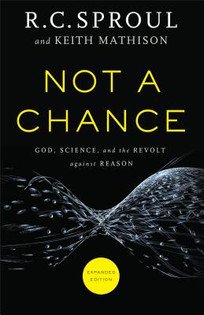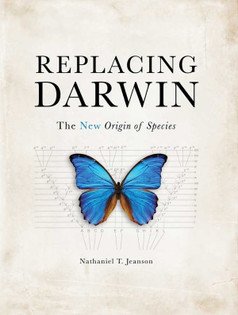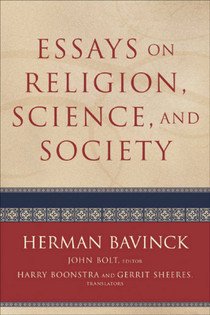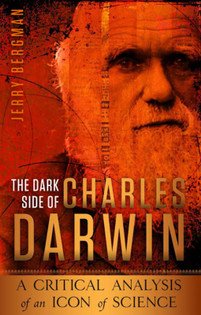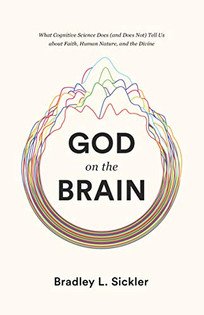In This House We Believe: Science is Real
In the previous post I began to address some components of what I like to call the “Humanist Creed.” You’ve seen the sign, no doubt:
In this house, we believe:
Black lives matter
Women’s rights are human rights
No human is illegal
Science is real
Love is love
Kindness is everything
For the moment I’d like to reflect briefly on the proposition “Science is real.” Again, what is not said is more important than what is clearly stated. The unspoken assumption implicit in this statement is that a certain set of conclusions arrived at using the scientific method (usually co-opted by political agendas) are valid, and to deny the validity of those conclusions is to live in willful ignorance of the plain truth.
What secularists fail to take into account, however, is that the concept of the scientific enterprise is a thoroughly Christian one. Men like Francis Bacon, Nicolaus Copernicus, and Isaac Newton, deeply Christian men, were pioneers in the sciences not in spite of but precisely because of their faith in God.
The Christian beliefs that “the earth is the Lord’s and the fullness thereof” (Psalm 24:1), and “great are the works of the Lord, studied by all who delight in them” (Psalm 111:2) are the foundation for scientific inquiry.
When this particular flower of Christian thought is ripped from its proper place, it quickly withers. Science becomes a twisted thing in a world where all truth claims are relative, not subjected to God as the Maker and Lord of the inquirer but in rebellion against him.
Unbelievers can still observe the universe and come to true conclusions about its workings, of course, but certain questions about the world in which we live cannot be answered without reference to the Lord.
Darwin looked at the world and made two observations: one, all life is fit to its environment, and two, there is a wonderful variety of life, even among creatures of the same genus. Both of these facts can be explained by appealing to the Lord and Giver of life, who loves and gives life in abundance because of his overflowing fullness. Darwin chose instead to draft a hypothesis for the origins of life that has no empirical support whatsoever. Beneficial mutations have never been observed in the fossil record or the modern day.
Of course science is real, and the scientific method is real (an assertion every Christian I’ve ever met has agreed with, no matter what the media says). But science, like every discipline, must be chastened, brought under subjection to Jesus Christ, the Firstborn of all creation (Colossians 1:15).
Scientists who truly wish to go about their tasks well must recognize two things: first, that they and the world they study are part of a created order which does not include its own Creator. God’s activity in the world cannot be quantified by scientific means because God is not a creature; they are outside the box.
Second, scientists who wish to do well must recognize that they are creatures under the curse of sin, which has affected their minds as well as their desire to please and glorify God. By default, therefore, they will seek answers to their questions without respect to God’s lordship.
Only by trusting in Jesus Christ for forgiveness from sin and living in the Spirit can these effects be mitigated and can any scientist carry out his or her scientific endeavor for the glory of God.
Science is real; so is reason.
Get Sproul’s book on God and science, and other related resources below, from Reformation Heritage Books.

